During its thirteenth meeting, held in Cancun (Mexico) in December 2016, the COP to the Convention on Biological Diversity adopted the Mo’otz Kuxtal Voluntary Guidelines for the development of mechanisms, legislation or other appropriate initiatives to ensure the “prior and informed consent”, “free, prior and informed consent” or “approval and involvement”, depending on national circumstances, of indigenous peoples and local communities for accessing their knowledge, innovations and practices, for fair and equitable sharing of benefits arising from the use of their knowledge, innovations and practices relevant for the conservation and sustainable use of biological diversity, and for reporting and preventing unlawful appropriation of traditional knowledge.
Unlike the previous guidelines, in the present document the COP decided to adopt the terms “indigenous peoples and local communities”, in accordance with Decision XII/12, Annex, point F, paragraph 2 (a), (b) (c).
The Mo’otz Kuxtal (“roots of life” in the Maya language) Voluntary Guidelines have been developed for the implementation of the Programme of Work on Article 8(j) and related provisions and the Nagoya Protocol on Access to Genetic Resources and the Fair and Equitable Sharing of Benefits Arising from their Utilization, and do not apply to TK associated with genetic resources under the Nagoya Protocol.
Their application must be consistent with the national law of the country where the TK is being accessed and give due importance to the customary laws, community protocols and practices of indigenous peoples and local communities.
The Guidelines provide some principles regarding:
- Access to traditional knowledge,
- Fair and equitable sharing of benefits;
- Reporting and preventing unlawful appropriation.
In particular, the Guidelines state that, in the context of “prior informed consent”, or “free, prior and informed consent”, or “approval and involvement”:
(a) Free implies that indigenous peoples and local communities are not pressured, intimidated, manipulated or unduly influenced and that their consent is given, without coercion;
(b) Prior implies seeking consent or approval sufficiently in advance of any authorization to access traditional knowledge respecting the customary decision-making processes in accordance with national legislation and time requirements of indigenous peoples and local communities;
(c) Informed implies that the information provided covers relevant aspects, such as: the intended purpose of the access; its duration and scope; a preliminary assessment of the likely economic, social, cultural and environmental impacts, including potential risks; personnel likely to be involved in the execution of the access; procedures the access may entail and benefit-sharing arrangements;
(d) Consent or approval is the agreement of the indigenous peoples and local communities who are holders of traditional knowledge or the competent authorities of those indigenous peoples and local communities, as appropriate, to grant access to their traditional knowledge to a potential user and includes the right not to grant consent or approval;
(e) Involvement refers to the full and effective participation of indigenous peoples and local communities, in decision-making processes related to access to their traditional knowledge. Consultation and full and effective participation of indigenous peoples and local communities are crucial components of a consent or approval process.
According to the Guidelines, indigenous peoples and local communities should receive fair and equitable benefits based on mutually agreed terms from the use of the TK that they hold. Benefit-sharing could include recognition and strengthening of the contribution of indigenous peoples and local communities to the conservation and sustainable use of biological diversity, including the support of the intergenerational transmission of traditional knowledge. The benefits, monetary and non-monetary, should be established on mutually agreed terms.
The Guidelines require the establishment of tools and mechanisms for the prevention and report on unlawful appropriation and use of TK, the lack of which involves the Parties to take appropriate actions so that TK is accessed in accordance with the “prior and informed consent”, “free, prior and informed consent” or “approval and involvement” of the holders, to ensure that mutually agreed terms have been established. The measures might include:
-
Capacity-building, awareness-raising and information-sharing within indigenous peoples and local communities;
-
Codes of conduct and best practice codes of users;
-
Model contractual clauses for mutually agreed terms to promote equity between the negotiating positions of the parties;
-
Minimum standards for access and benefit-sharing agreements
Credits:
CBD COP Decision: CBD/COP/DEC/XIII/18
CBD COP Decision: UNEP/CBD/COP/DEC/XII/12
Photo credit: Phil’s 1stPix on VisualHunt / CC BY-NC-SA
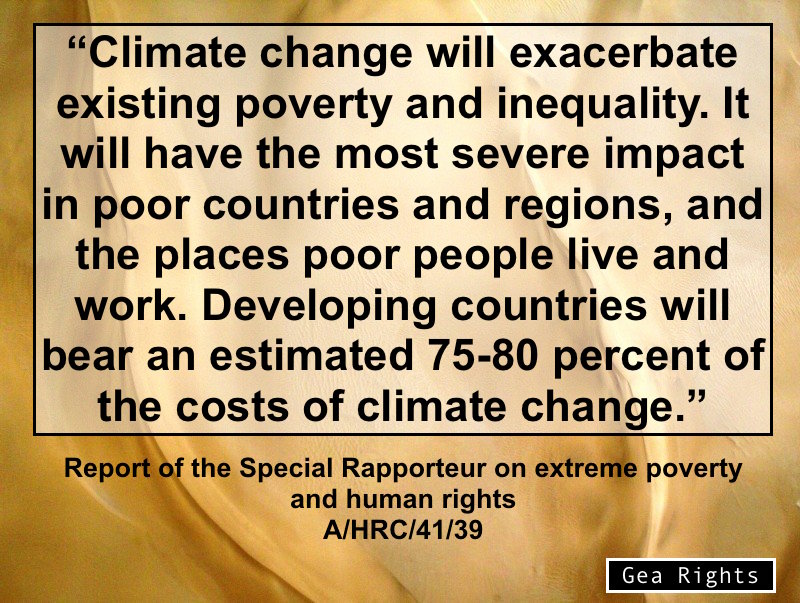
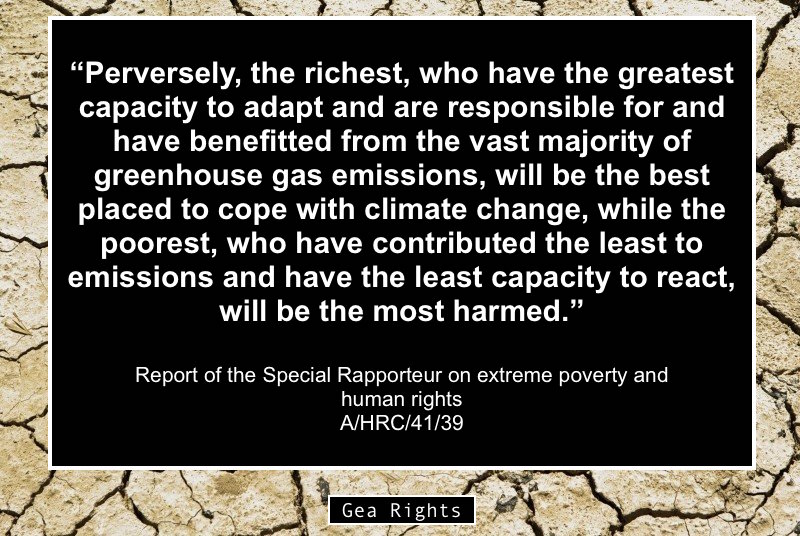
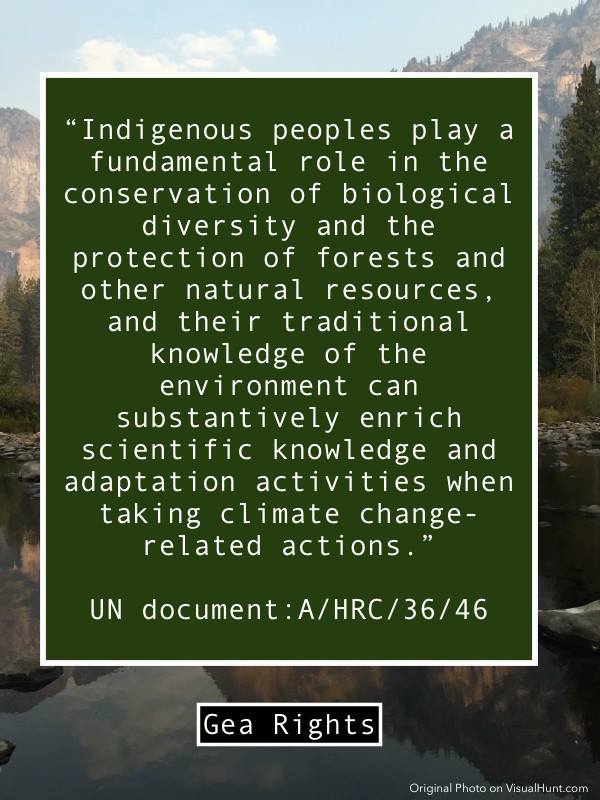
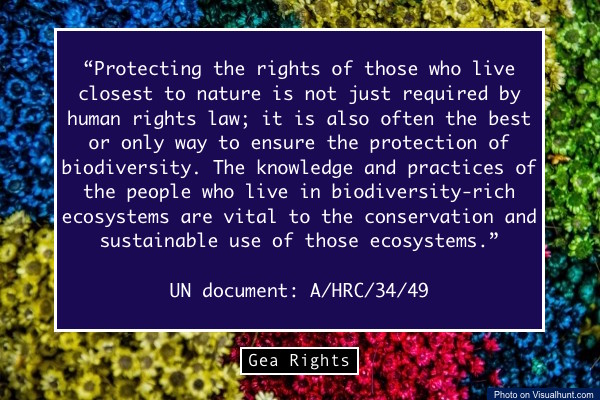
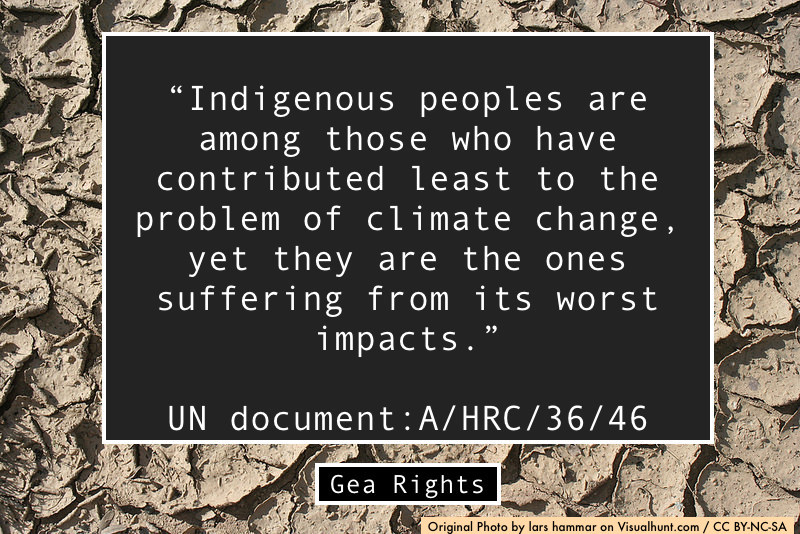

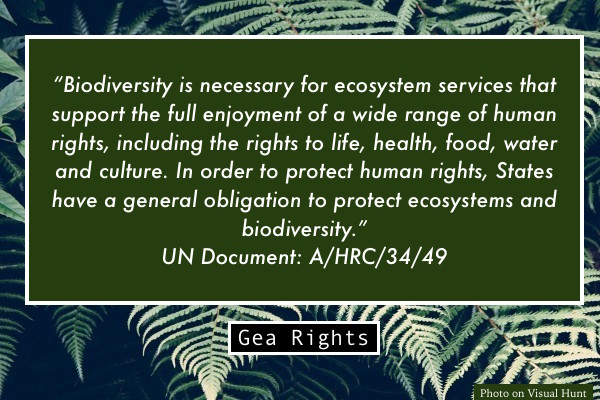
Leave a Reply